News
-

Welcome Guangdong Wire and Cable Association to visit
Read moreOn July 12, cable companies in the Guangdong-Hong Kong-Macao Greater Bay Area integrated into the “Belt and Road” city co-construction to help the high-quality development of Guangxi’s cable industry. The Guangdong Provincial Wire and Cable Industry Association and the Dongguan Electric Power Industry Association Wire and Cable Professional Committee help member companies to “go global”, organize […]
-
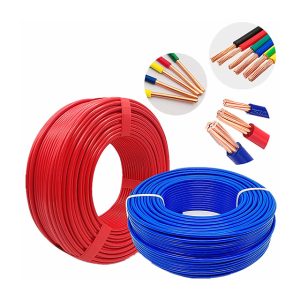
The feature and function of single core wire
Read moreSingle core wire are commonly used in electrical transmission devices and consist of an inner conductor wrapped with insulating material. Compared with multi-core wire, single core wire have their own unique feature and function. This article will discuss the feature and function of single core wire in detail, and analyze them through examples. Power transmission and […]
-
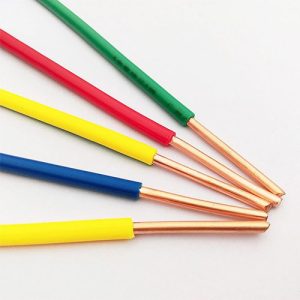
Do thicker wire save energy?
Read moreIn life, we may feel that thin wires easily generate heat, which converts electrical energy into heat energy. In addition, in a circuit, wires can also be seen as being in series with electrical equipment. In a series circuit, the greater the resistance, the more voltage is distributed, which will reduce the voltage on the […]
-
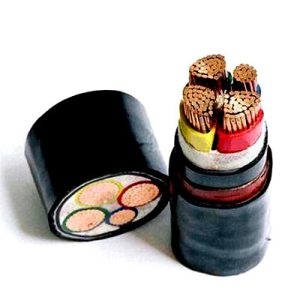
Structural composition of wires and cables
Read moreStructural composition of wires and cables: Wires and cables are composed of conductors, insulation layers, shielding layers, protective layers, filling structures and tensile components. 1. Conductor. Conductor is the most basic structural component of wire and cable products for current or electromagnetic transmission. Conductor is the abbreviation for the conductive core of wires and cables, […]
-
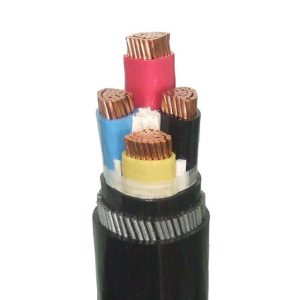
The difference between DC cable and AC cable
Read moreBoth DC and AC cables are used to transmit electrical power, but they differ in the type of current they carry and the specific applications they are designed for. In this response, we’ll explore the differences between DC and AC cables, covering aspects such as current type, electrical characteristics, applications, and safety considerations. Direct current […]
-
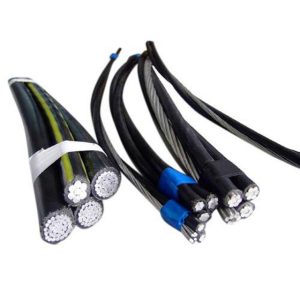
The use and characteristic of overhead insulated cable
Read moreThe overhead insulated cable series products are composed of pressed copper and aluminum (aluminum alloy) conductors, inner shielding layer, weather-resistant insulating material and outer shielding layer. They have both the power transmission characteristics of power cables and the strong mechanical properties of overhead cables. Compared with bare wires, this product has the characteristics of small laying spacing, […]
-

The 134th Canton Fair: New opportunities for Zhongwei Cable
Read moreFrom October 15, 2023 to October 19, 2023, the five-day 134th Canton Fair concluded successfully online and offline. According to statistics from the organizing committee, as of October 19, more than 100,000 overseas purchasers from 210 countries and regions around the world had attended the conference offline. The number of attendees increased significantly compared with […]
-
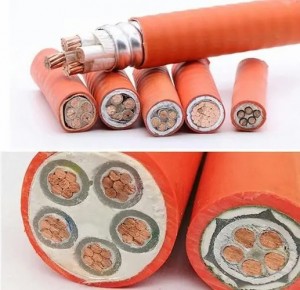
How does the fire resistant cables prevent fire?
Read moreFireproof cable is a cable with an outer layer wrapped with fireproof material. It is mainly used in floors, factories and high-rise buildings to protect cables from fire damage. The fireproof principle of fireproof cables is to wrap a layer of fireproof material on the outer layer of the cable. When the cable catches fire, […]
-
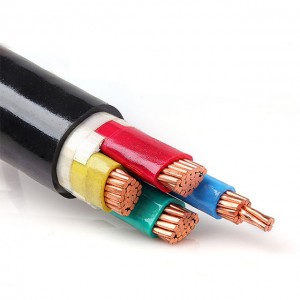
Do you know what materials are used in cable sheaths?
Read moreThe cable jacket is the outermost layer of the cable. It serves as the most important barrier in the cable to protect the safety of the internal structure and protects the cable from mechanical damage during and after installation. Cable jackets are not meant to replace the reinforced armor inside the cable, but they can […]
-
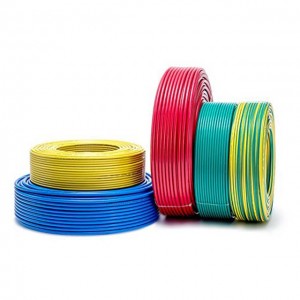
What do the different colors of wire insulation mean?
Read moreThe operation of power cables is one of the important links in our daily life, work, and production. I wonder if you have noticed that the colors of the insulation layers of home decoration wires are different, so what do they mean? Let the editor introduce to you what the different colors of wire insulation […]




